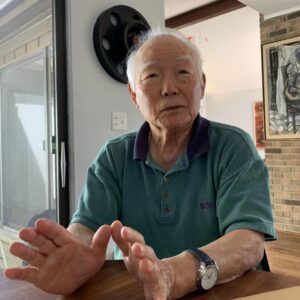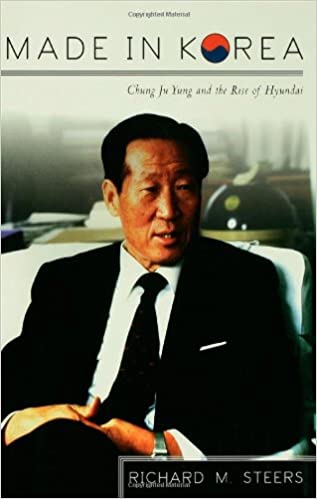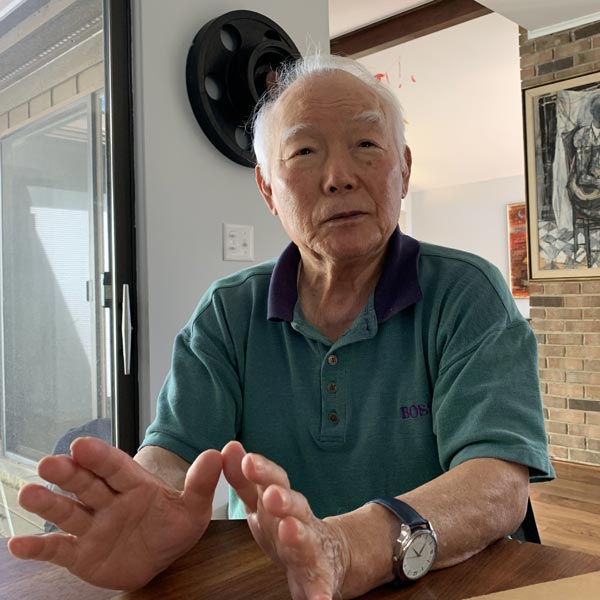“We must break out of our shells and evolve.”
Tradition versus Innovation
Hwa Chong, World Kangdukwon Kwan Jang Nimand President addresses senior WKF officers
[Ann Arbor, Michigan, 14 August 2021] After nearly seventy years of training and teaching Taekwondo, Hwa Chong, the Kwan Jang Nim of Kangdukwon Taekwondo, continues to urge Taekwondo students of all ages and levels to grow and evolve both as martial artists and as human beings. Taekwondo training and principles, he says, should be understood and applied at all levels and all periods of our lives, otherwise we fail to live up to our full potential as human beings.“We must evolve as individuals and as a federation also. Who can show the way for going forwards?”, he asked a small gathering of senior students from Kangdukwon’s first decades in America.
“We must break out of our shells and evolve” —Hwa Chong

Grand Master Hwa Chong was attending a gathering of his senior students in Ann Arbor, Michigan. Among the chief topics of discussion was the future of the World Kangdukwon Federation with the full retirement of Grand Master Chong.
“I am now 82. So I am not sure how much longer I can carry on. You need to make these decisions for yourselves. I am now like the figurehead on a ship, there only for show,” he said to a gathering of senior Taekwondo students and officers from the 1960’s, 70’s and 80’s.
Addressing the issue of WKF leadership succession indirectly, he praised Chung Ju Yung, who rose from poverty to build Hyundai, one of Korea’s and the world’s most successful business empires. He urged Kangdukwon students and teachers to study the book Made in Korea: Chung Ju Jung and the Rise of Hyundai.

“In the future, Kangdukwon leaders should be like Chung Ju Yung,” who, he said, embodied all the qualities valued in Kangdukwon: discipline, determination, courage and a willingness to accept risks in the service of his corporate family and the Korean nation.
Taekwondo, he said, was born in the crucible of the Korean War (1950-53), when Communist forces pushed free South Koreans until they had their backs to the sea. They could have accepted the inevitable and fled, but they fought back tenaciously under extremely tough circumstances and saved the nation. That is what is called the Spiritus Invictus, the unconquerable spirit of Korea and Taekwondo, he said.
Korea’s per capita income was only US$67 in 1953. Today it is over $34,000. Because of the spirit and hard work of Chung Ju Yung and other hard-working Koreans like him, today Korea is among the world’s most developed economies.
“In the future, we should develop and master not martial skills, but business skills. We should work together to conquer markets instead of territories.”
“Don’t forget the North Star!Now I have given you a compass. So use it! Otherwise, without a compass you will get lost and come to a bad end.”
“If you follow honeybees, they will lead you straight to nectar. Follow flies and they will lead you into a pile of dung,” he reminded his students.
It is like that with martial arts also. Authentic Kangdukwon Taekwondo can lead one to the greatest heights of whatever you wish it to be. But follow the wrong dojang or teacher, and in the end one meets with bitter disappointment.
“We must not become tied to traditions. We must keep changing and evolving. That is the spirit of Taekwondo.” –Hwa Chong
“As I have always taught you, avoid attacking an opponent’s strengths. Attack his weaknesses instead.”
Audacity
Hwa Chong recalled General George Patton, the American general whose ‘three keys to military victory’ were “Audacity, audacity, audacity!” He had learned his lesson from Napoleon Bonaparte, whose motto was “Audace! Toujours l’audace!”
That audacity, that willingness to undertake bold risks or surprising innovations, is what in Taekwondo we simply call spirit.
Grand Master Chong’s concluded by saying, “We must not become locked into traditions. We must keep changing and evolving. Otherwise one gets left behind.” That is true for the individual, true for one’s nation and true for Kangdukwon Taekwondo as well.”
